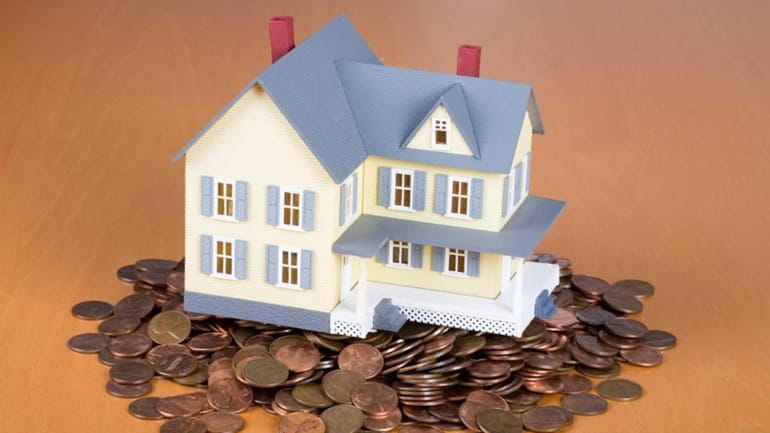Your finances: How useful is a reverse mortgage?

The Federal Housing Finance Agency is considering whether to allow Fannie Mae and Freddie Mac to offer principal reductions to U.S. borrowers at risk of foreclosure. Credit: iStock
Reverse mortgages used to be the last recourse of the little old lady: a way for her to get money for household help and stay in her home until she died.
But now, baby boomers are sniffing around these backward loans, looking for a way to pay off other debts and provide bridge funding for the early years of retirement. In a reverse mortgage a lender pays money to a homeowner, but the homeowner has no monthly payments. The loan, plus interest, is repaid when the home is sold.
Almost half of the people now considering a reverse mortgage are under the age of 70, and 21 percent are ages 62 to 64, according to a new study by the MetLife Mature Market Institute and the National Council on Aging. The average age of borrowers is 73; in 1990 it was 76, according to the Department of Housing and Urban Development.
The minimum age to qualify for a reverse mortgage is 62.
Is it smart to use a reverse mortgage? Here are some considerations.
It can fill gaps. Ken Weingarten, a financial adviser from Lawrenceville, N.J., had one couple in their 60s take out a reverse mortgage so the 67-year-old husband could defer his Social Security benefit for three more years. That three-year delay will increase the husband's permanent Social Security benefit by about 8 percent a year for each of the three years he defers, which makes it worthwhile.
There's another way for a reverse mortgage to fill gaps. A couple who expects to downsize and live off the proceeds of their home sale in retirement can defer their move for a few years by pulling money from a reverse mortgage and paying it back when they sell the house.
It still isn't cheap. Closing costs can approach $20,000 or more on some reverse mortgages. And the interest rates run higher than they do for typical mortgages.
Because borrowers make no monthly payments, the balance on these loans actually grows as interest is assessed.
These are no-recourse loans. That means that you won't owe the lender more than the sales price of the home, even if the loan eventually outstrips that. That wrinkle could theoretically offer a strategic opportunity for young borrowers, but it would be risky.
Couples have to be careful. Sometimes a married couple will remove one partner from the home deed so the other can take out a reverse mortgage. That's not a good idea: If the borrowing spouse dies, the remaining spouse may be stuck with a balance due and no affordable way to repay it.
There goes the backup plan. Traditionally, reverse mortgages were viewed as last-ditch emergency funds. "People need to understand that if they tap their home equity at a young age, they may not have any left in 10 or 20 years, when they are facing a different kind of financial emergency," says Lori Trawinski, a reverse mortgage expert with AARP.
